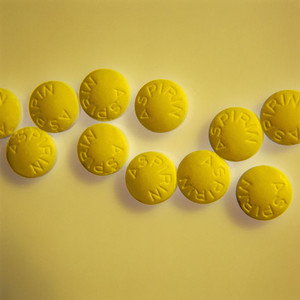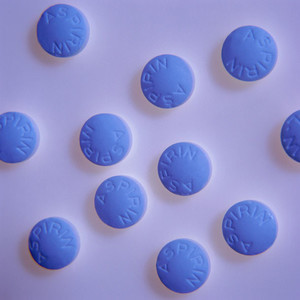India is coming under attack from Big Pharma from all angles it seems. On the one hand the Indian Government has alleged that multinational companies are campaigning against the country’s domestic pharmaceutical industry due to India’s increasing generic global presence. Then on the other hand Novartis has been asked to end its challenge to Indian patent law, with claims that its action could hinder global access to medicine.
India under attack
Generics/News
|
Posted 08/04/2011
 0
Post your comment
0
Post your comment

Minister of State for Commerce and Industry Mr Jyotiraditya Scindia said, ‘A concerted campaign against the India pharmaceutical industry has been launched by multinational companies, whose interests are getting adversely impacted due to increasing global presence of India pharma companies, especially in the generic segment’.
According to the Economic Times, Indian pharmaceutical industry is vigilant against such a campaign.
Minister Scindia added that ‘a mission to promote Indian generic drugs has been launched in Africa to sensitise the concerned health authorities about generic drugs from India being quality drugs at par with their patented alternatives and available at very reasonable cost’.
Meanwhile, Health Action International (HAI) Europe has urged Novartis to put an end to its five year legal actions in India regarding the patenting of the anticancer drug Glivec (imatinib). HAI also called on the Swiss company to refrain from attempting to influence the Indian government over laws and policies that would hinder access to medicine.
Despite three patent refusals for its anticancer drug Novartis is appealing the decision and lobbying the Indian government for more stringent intellectual property regulation.
According to HAI, ‘the stakes go far beyond the granting of the patent for this anticancer drug’. The action by the drug giant ‘aims at weakening a public health safeguard clause – section 3(d) of the Indian Patents Act – which limits the multiplication of abusive or useless patents on an already-known substance. Without this disposition, access to affordable medicines would be threatened in most developing countries, since India is one of the primary suppliers of generic medicines worldwide, in particular in the field of HIV/AIDS.’
Despite the action and lobbying, six HIV patent applications from US-based companies Gilead Sciences and Abbott Laboratories were rejected in February 2011. ‘As a result, there is no monopoly right now over the production of these drugs in India’, added Minister Scindia.
Related article
India to delink marketing authorisation and patent status
Source: HAI, The Economic Times on Mobile
Research
Japan’s drug shortage crisis: challenges and policy solutions
Saudi FDA drug approvals and GMP inspections: trend analysis
The best selling biotechnology drugs of 2008: the next biosimilars targets










Post your comment